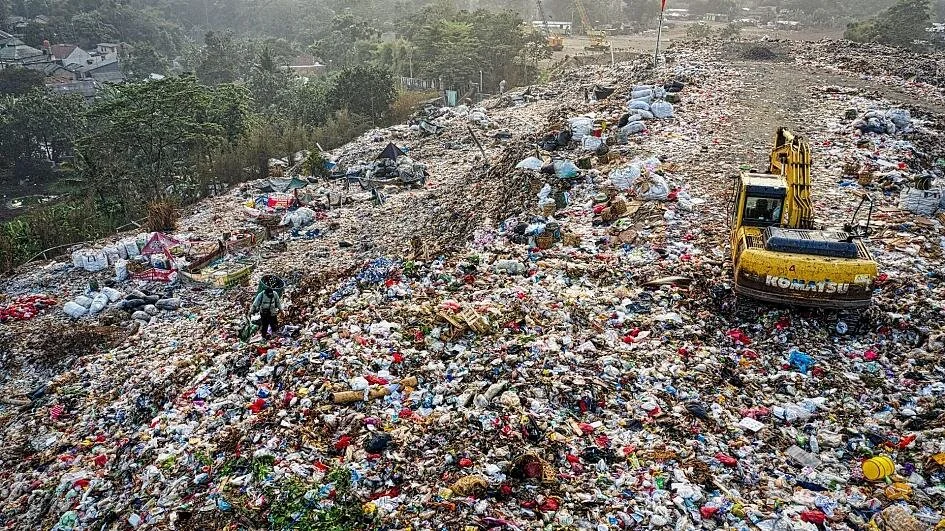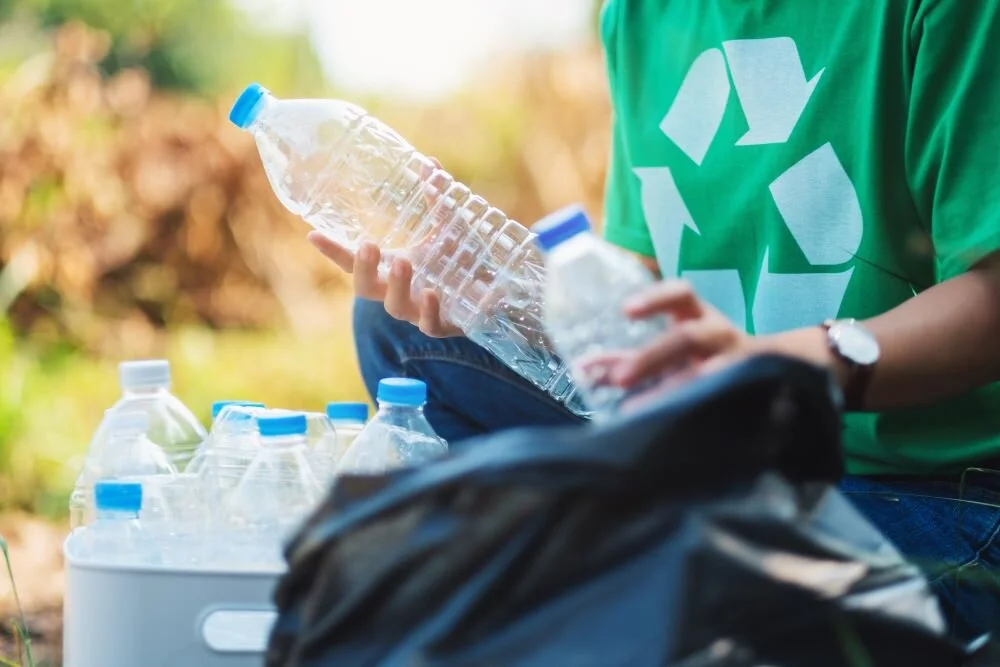Kenya Still at Risk Despite UN Plastics Nod: Greenpeace→
/In the lead up to the UN summit being held in Nairobi, UNEP has named Kenya as an emerging leader in the fight against plastic pollution and among the first countries in East Africa to sign the Clean Seas initiative. Responding to these developments, Greenpeace Africa senior Political Advisor Fredrick Njehu has said:
Read More
















